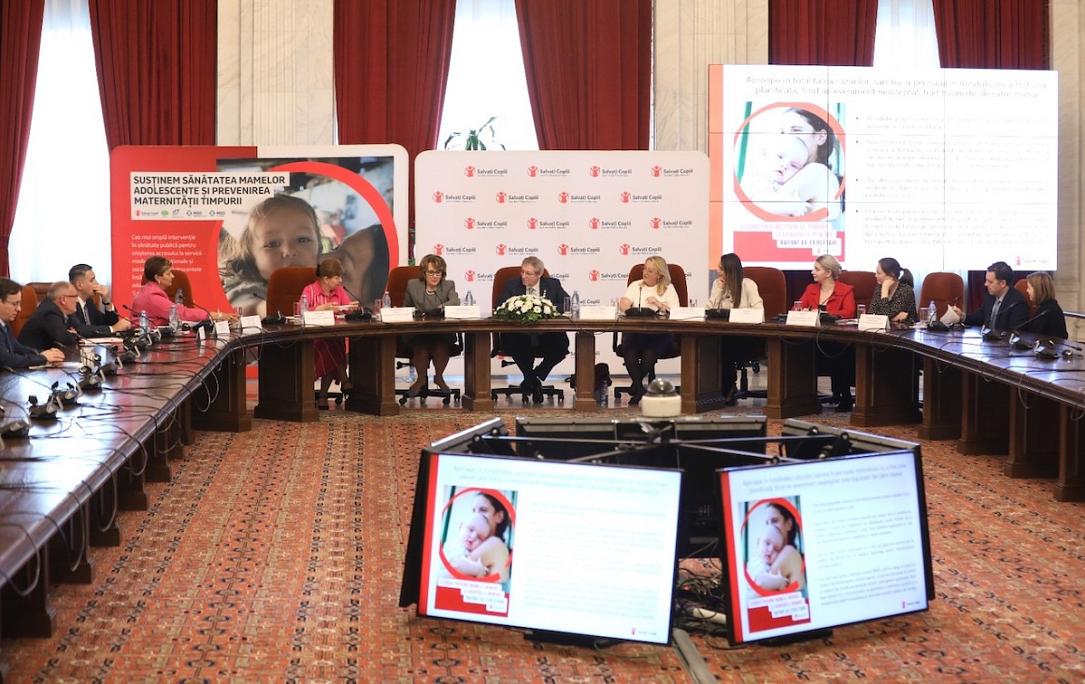Save the Children: 45% of births to mothers aged under 15 in the EU are from Romania



Almost half (45%) of births to mothers under the age of 15 in the European Union (EU) states come from Romania, where one in ten newborns has a teenage mother, according to a recent study by Save the Children. Although only 4.59% of births in the EU were from Romania in 2022, the percentage grows to 28.14% for births to mothers under 18 and 44.17% for those from mothers who have not reached the age of 15.
One in three girls who are currently underage mothers/pregnant became pregnant for the first time around the age of 15 or younger, according to the same qualitative study carried out by Save the Children Romania. In 2022 alone, 746 births were recorded for girls between the ages of 10 and 14, with another 1,286 births for mothers who were 15 years old.
In total, from 2018 to 2022, Romania recorded 40,916 births to mothers under the age of 18, of which 3,696 were to mothers who had not yet turned 15.
According to other findings of the study, most of the families of the girls who are underage mothers/pregnant are in the acute poverty category; 70% of underage pregnant women and 52% of underage mothers declare that they have no monthly personal income.
In almost all cases, the pregnancy was not planned by the teenage girls. Except for the three cases (2%) in which the pregnancy resulted from abuse (for which the aggressor has not yet been sanctioned because the victim did not file a complaint or the local authorities did not notify the criminal bodies), or the five cases (3%) in which the pregnancy was wanted/planned as a result of a stable marital situation, in all other cases the pregnancy was an unexpected event, experienced traumatically by the mother.
Two-thirds of all pregnant minors or mothers who are not currently in education dropped out of school before becoming pregnant, the same study found.
Meanwhile, one out of six underage pregnant women did not go to the family doctor or the gynecologist during the pregnancy to monitor the intrauterine evolution of the child. Shame and lack of money are the main reasons why minors do not consult a gynecologist.
For more than a third of girls who got pregnant around age 15 or younger, the gap between them and their partner is 5 years or more.
The data of the study were made public on April 25 during the debate organized by Save the Children Romania and the health committee of the Romanian Senate, in which representatives of the following institutions participated: the Senate, the Chamber of Deputies, the Chancellery of the Prime Minister, the National Health Insurance House, the Ministry of Education, the Ministry of Health, and the National Authority for the Protection of Children's Rights and Adoption (ANPDCA).
The national sample size was 200 teenage girls, mothers or pregnant. The interviews were carried out in 172 localities in October-December 2023.
irina.marica@romania-insider.com
(Photo source: Save the Children Romania)